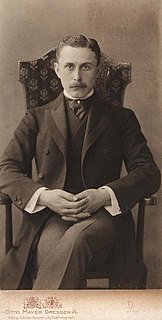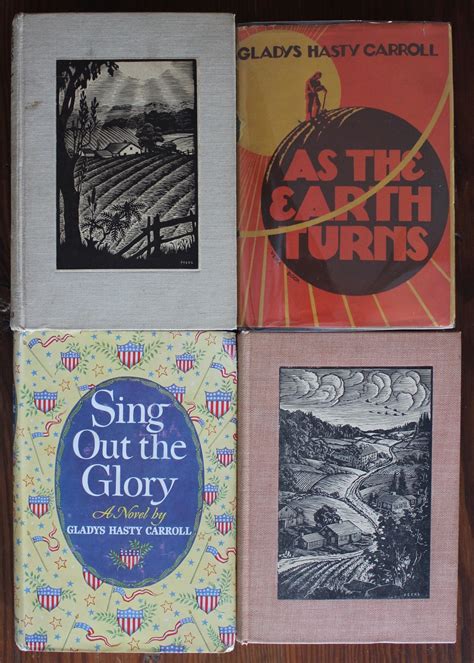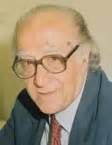A Quote by Adolf Loos
At the beginning of the nineteenth century we abandoned tradition, it's at that point that I intend to renew it because the present is built on the past just as the past was built on the times that went before it.
Related Quotes
But the past does not exist independently from the present. Indeed, the past is only past because there is a present, just as I can point to something over there only because I am here. But nothing is inherently over there or here. In that sense, the past has no content. The past - or more accurately, pastness - is a position. Thus, in no way can we identify the past as past
The problem right now, which I've been pointing out very bluntly to American officials in Washington, is that the U.S. has no economic presence in Afghanistan. The Afghans can't point and say, "Oh, the Americans built that road. They built that telecommunications facility. They built that electricity powerhouse," because nothing has been built so far.
We learn in the past, but we are not the result of that. We suffered in the past, loved in the past, cried and laughed in the past, but that's of no use to the present. The present has its challenges, its good and bad side. We can neither blame nor be grateful to the past for what is happening now. Each new experience of love has nothing whatsoever to do with past experiences. It's always new.
These tenses-past, present and future-are not the tenses of time; they are tenses of the mind. That which is no longer before the mind becomes the past. That which is before the mind is the present. And that which is going to be before the mind is the future. Past is that which is no longer before you. Future is that which is not yet before you. And present is that which is before you and is slipping out of your sight. Soon it will be past.
The man who is asleep reacts; he knows nothing of action. And reaction is a binding: it binds you into new prisons, new chains. Response is out of freedom, hence it brings more freedom. Reaction is out of the past; you act according to your memories, built-in by your experiences, conditionings. You react not to the present, not in the present. You don`t reflect the real situation as it is; you go on interpreting it according to your past, your past experiences. The man who is awake is like a mirror: he reflects that which is the case. HE IS AWAKE.
The nationalism and the protectionism that was built into the Mexican Revolution in 1910 and that characterized the Mexican attitude to the United States for much of the 20th century were difficult to overcome. But that actually has occurred. And the cooperation, trust and confidence that have been built is not something that should be abandoned without great consideration for the potentially grave consequences to the United States.
We must abandon completely the notion of blaming the past for any kind of situation we're in and reverse our thinking and see that the past always flows back from the present. That now is the creative point of life. So you see it's like the idea of forgiving somebody, you change the meaning of the past by doing that...Also, watch the flow of music. The melody as its expressed is changed by notes that come later. Just as the meaning of a sentence...you wait till later to find out what the sentence means...The present is always changing the past.







































